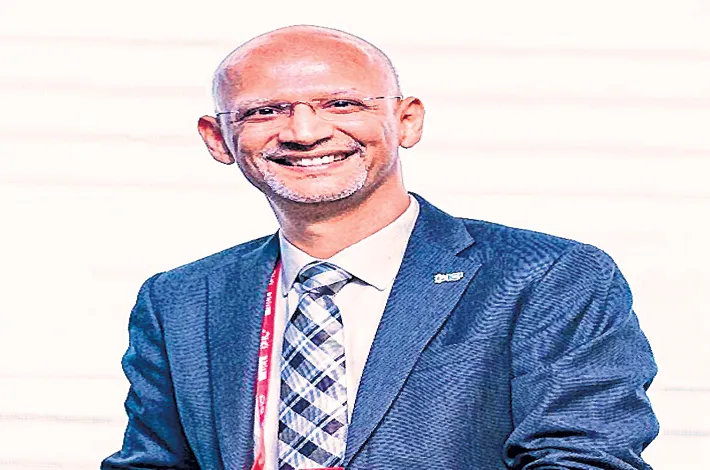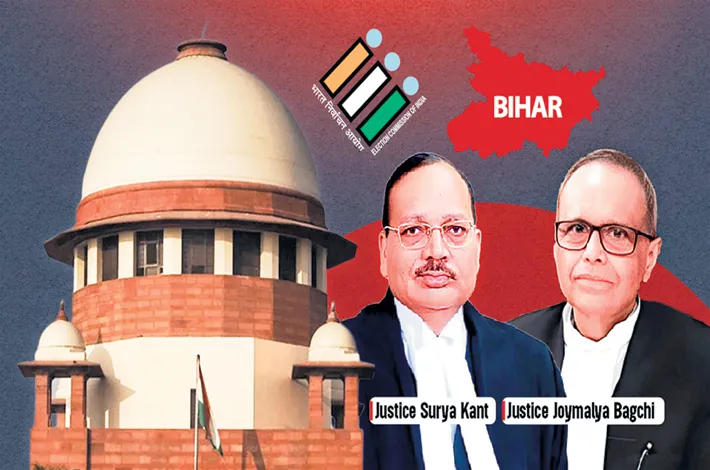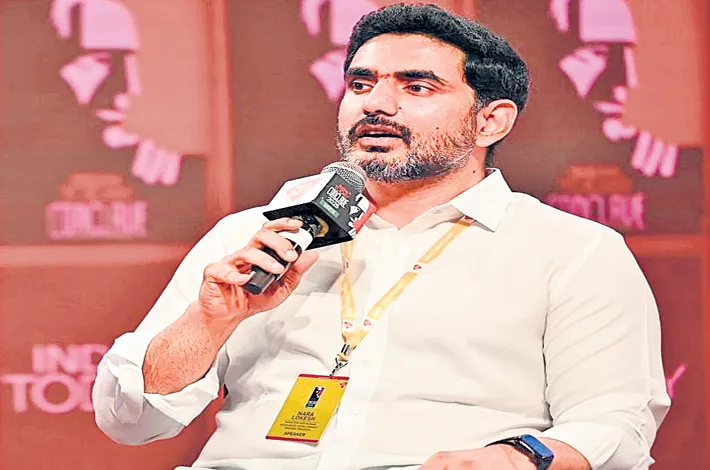‘Education Reforms Will Equip students for Global Opportunities’
19-08-2025 12:00:00 AM

Simple Vishwakarma MUMBAI
The K-12 educational system in India is undergoing significant policy changes that may alter how students prepare for opportunities both domestically and abroad. From the National Education Policy (NEP) 2020 to Maharashtra’s plan to transition many government schools to the CBSE curriculum by 2028, these changes are aligning state-level schooling with global standards, says Ganesh Kohli, founder of the IC3 Movement.
Kohli describes Maharashtra’s decision as more than an academic switch.
“It’s a gateway to transform the student experience,” he told The Free Press Journal.
“This is a rare opportunity to embed structured career and college counselling into the DNA of our schools.”
Maharashtra’s CBSE move and the counselling gap: He pointed to Maharashtra’s consistently high student suicide rates as an indicator of urgent need. “Many students, particularly in underserved parts of the state, lack access to basic guidance.
The CBSE’s emphasis on holistic development offers the right platform to institutionalize career and college counselling in government schools. By giving students access to trained teachers, mindfulness exercises, and early exposure to post-school options, we can help them not only plan their future but also feel good about it.
This aligns with recent CBSE initiatives. The board has rolled out a Career Guidance Dashboard and a Counselling Hub and Spoke model that connects well-resourced ‘hub’ schools with smaller ‘spoke’ schools to expand counselling access. Schools have welcomed these steps, saying they fill a long-standing gap in student support.
Holistic approach: According to Kohli, integrated counselling models are becoming increasingly important in schools. For instance, the IC3 Career and College Counselling Laboratory supports the NEP's emphasis on flexibility and learning from a wide range of fields while assisting students from middle school through graduation.
“These frameworks help students build self-awareness, explore international pathways, and make informed decisions—not just at the end of high school, but throughout their journey,” he explained.
This method also includes new ideas, like the IC3 school plays. These kinds of programs give students safe places to be creative, talk to each other, and feel better about themselves. These are all traits that universities around the world are looking for more of.
Meanwhile, Maharashtra’s introduction of new skill- and activity-based Std I textbooks— rooted in local storytelling and puzzles—is reshaping early learning. Covering 68 foundational skills, they reflect the experiential, contextual approach advocated by the NEP.
Aspirations rising, preparedness lagging: According to Kohli, policy reforms are sparking a shift in mindset. “We’re seeing more students aspire to international higher education.
However, while aspiration is rising, preparedness varies,” he said. Curriculum initiatives like CBSE’s skill-based modules from Grade 6 onwards and its recently announced plan to introduce open-book exams for Class 9 from 2026-27 are designed to build critical thinking and reduce rote learning. But Kohli warns that “without trained educators and counsellors, many students will struggle to convert ambition into action.”
He also stresses the importance of collaboration between the government and schools to make reforms effective. “Policies like the NEP 2020 and state-led changes are creating a unified academic structure, but we must match them with strong support systems in career guidance, language proficiency, and critical thinking.”
Early guidance as a game-changer
Kohli is emphatic about starting early. “When a student begins exploring their future as early as Grade 6, they gain the space to reflect, experiment, and grow,” he said. This approach, he argues, can level the playing field between metro and rural students.
CBSE’s capacity-building workshops for teachers and school leaders, he notes, are a positive step, but more is needed. “The NEP’s call to introduce career counselling from middle school is timely. Once students in underserved areas are given the right exposure and mentorship, they are just as motivated and capable of pursuing global opportunities.”
What lies ahead?Kohli sees three key policy directions shaping India’s schools:More skill-based learning—making vocational and 21st-century skills a main part of the curriculum.Required career and college counselling—with money and clear orders for trained professionals in every school.
Mental health and well-being—going beyond campaigns to raise awareness to structured interventions like mindfulness training, peer counselling, and dedicated staff to help.“These shifts, if implemented effectively, will give Indian students not just the academic credentials but the life tools to thrive on the global stage,” Kohli added.








